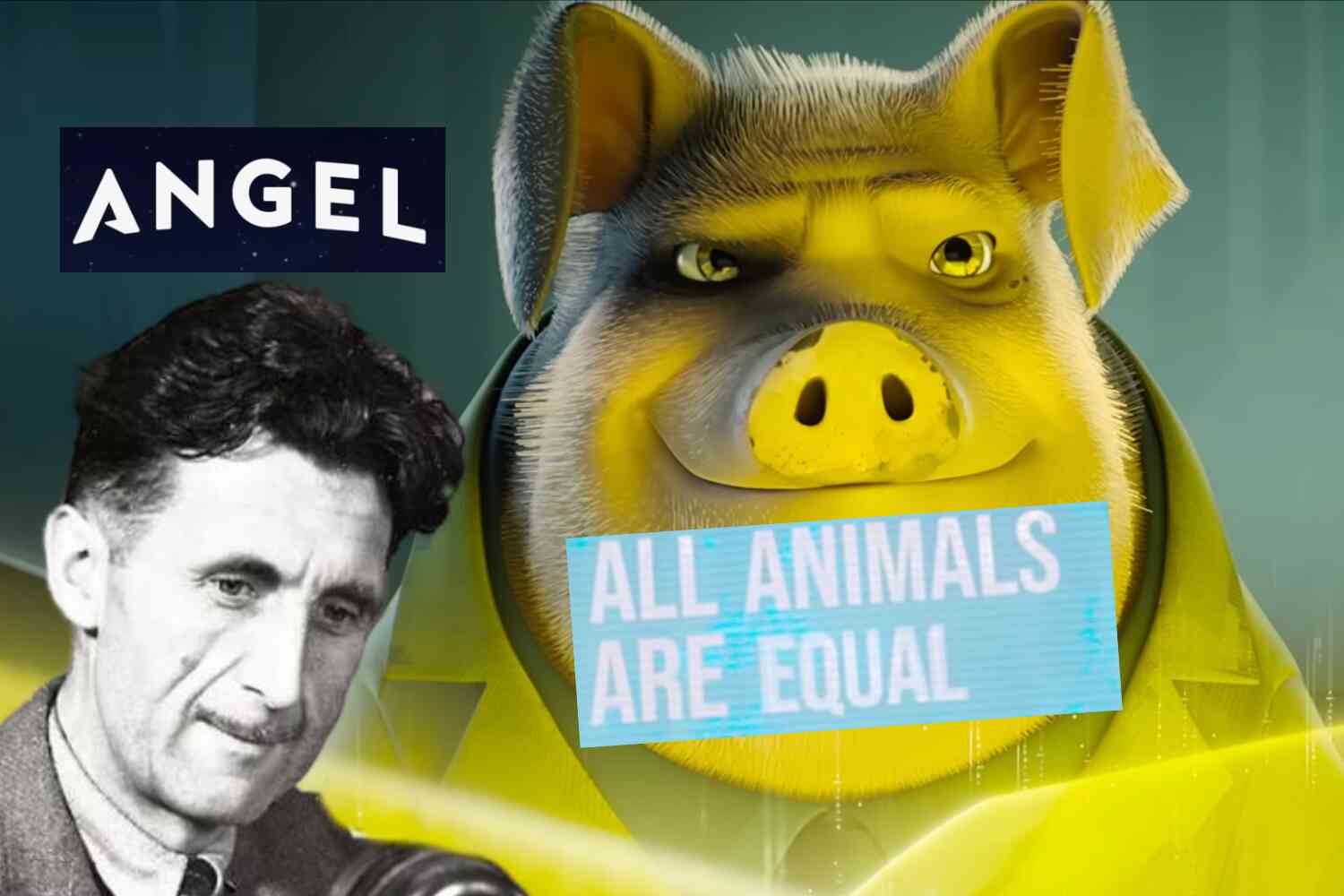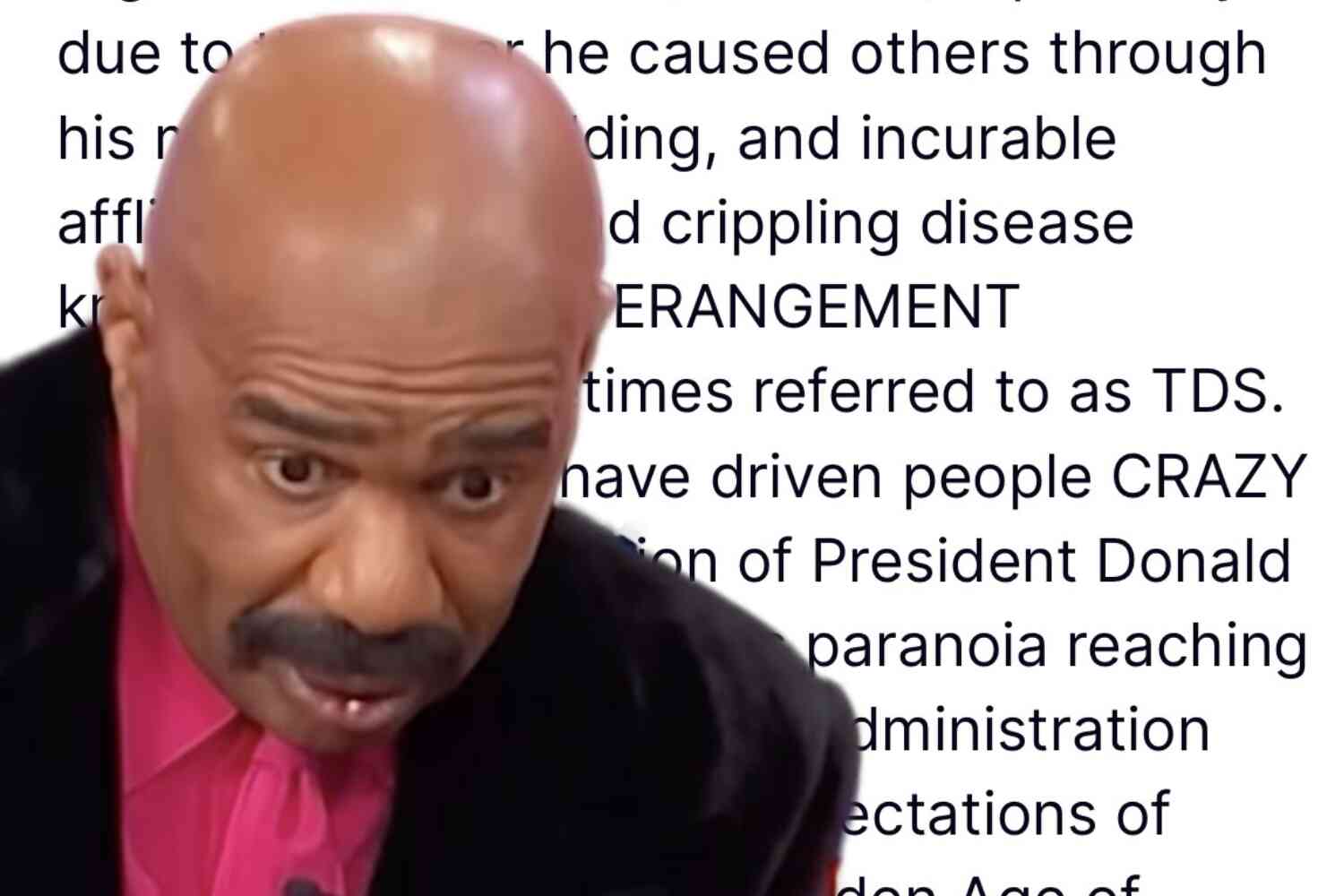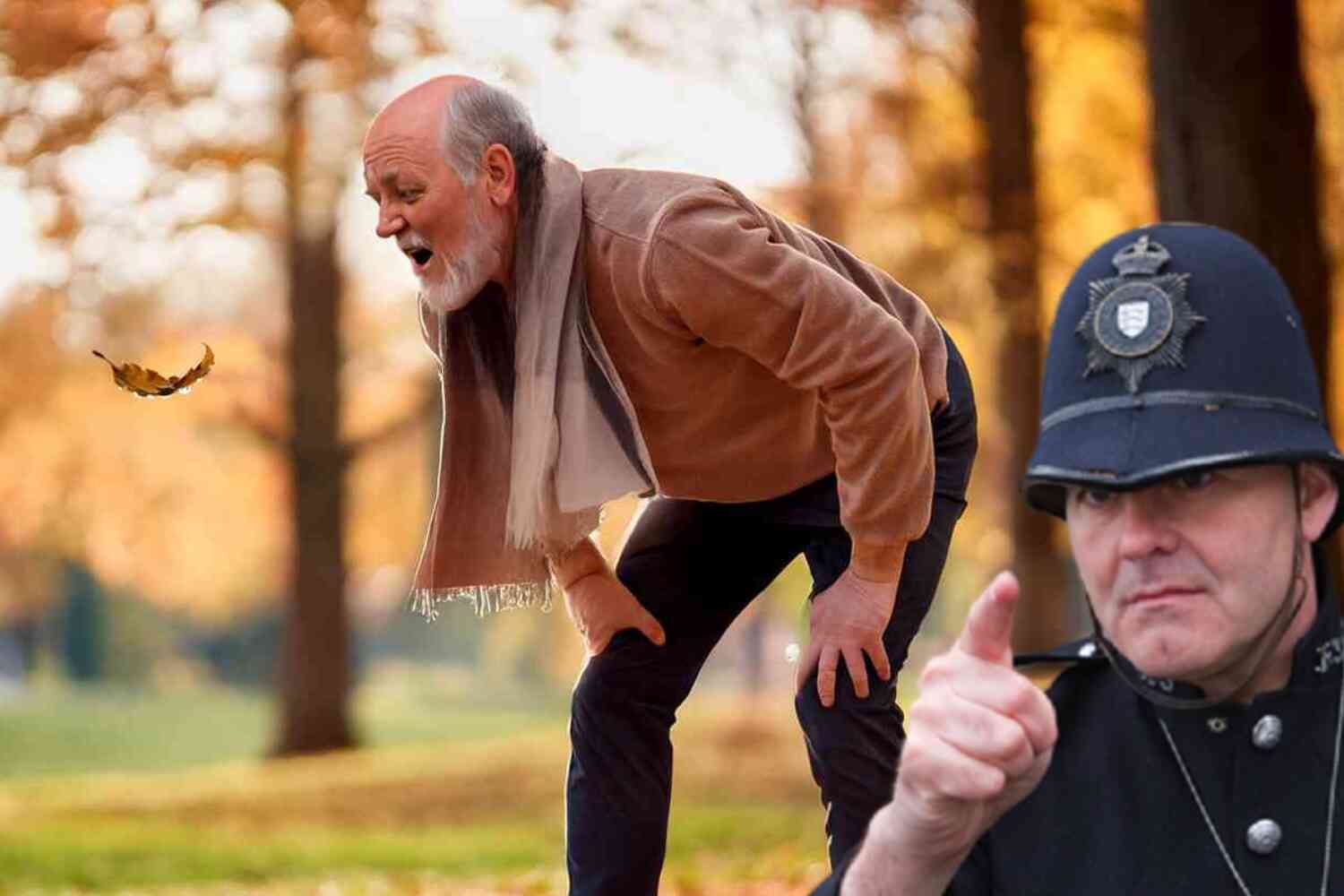Merely suggesting that there may be "election irregularities" or "possible voter fraud" are being flagged by Twitter because of course they are. Why, they might even be "disputed," and we certainly can't permit there to be disputes on Twitter.
That might wreck the congenial atmosphere that typically prevails.
Such scary information! No wonder they wanted to protect me.
Next Halloween, I'm dressing up as one of Charlie Kirk's tweets.
This is what came up when I tried to share it.
It "breaks the Twitter Rules."
I can still link to it, by copying the URL.
I guess Twitter doesn't mind you sharing things on platforms they don't control, although I imagine that is next.
When you first attempt to view it, Twitter throws a number of warnings at you and offers this explanation:
"Civic integrity policy."
It's like an Orwellian casserole with a side of Stalin. And conveniently updated last month just in time for Biden's election victory.
To be clear, Kirk isn't saying anything that anyone with a pair of eyes and unimpaired faculties wouldn't understand. There are irregularities (well documented here already), and fraud is certainly possible. Does Twitter believe suppressing a discussion of these irregularities and possible fraud helps quell the news? Why is that even a good idea?
It has been said that sunlight is the greatest disinfectant when it comes to fraud, corruption, and misbehavior in general. If so, Twitter is a moldy old box sitting in a damp corner of a darkened basement.
(I have one of those, by the way. I don't know what's in it, and I don't want to. Maybe it's full of Charlie Kirk's tweets.)
Let's revisit this passage from their "Civic integrity policy."
"In addition, we may label and reduce the visibility of Tweets containing false or misleading information about civic processes in order to provide additional context."
Given all we know, how is the tweet that follows any less "misleading" about "civic processes" that could benefit from "additional context" than Charlie Kirk's tweet? And yet, no warning, and fully shareable.
I don't mind disagreements, I don't mind controversy, and I don't know that there has been any wanton, material violation of election law.
But I'd sure like to find out one way or the other.
You would think if twitter were really interesting in "civic integrity," they would, too.









